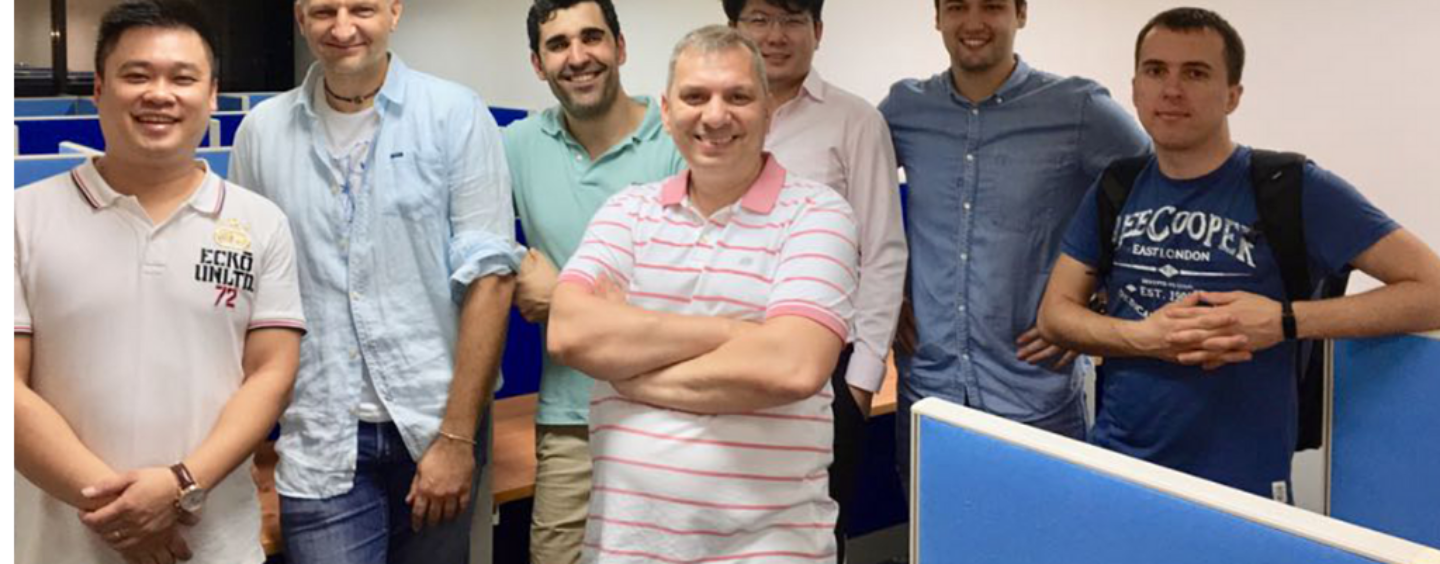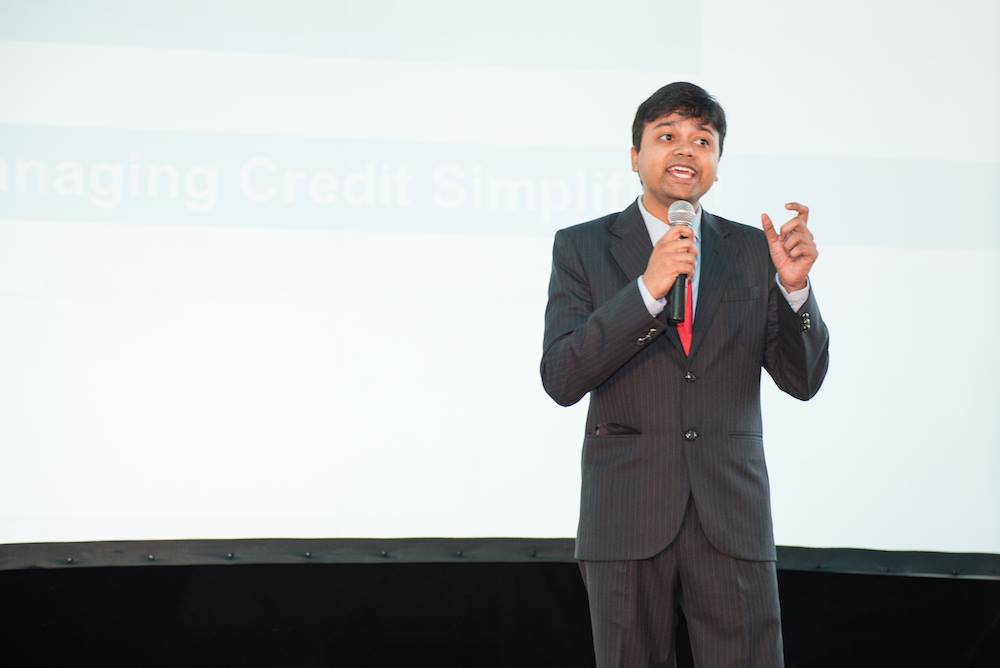
Singapore Credit Fintech Startup AsiaCollect Expands into India by Acquisition
by Fintech News Singapore October 18, 2018Singapore-based AsiaCollect moves to expand its integrated credit management services into other Southeast Asian regions, and have gone the route of local acquisitions to make this happen more quickly.
This move follows a US$4.5 million fundraising round led by global technology investment firm SIG Asia Investments.
They have acquired India’s CreditSeva in a bid to expand their non-performing loan (NPL) portfolio management services to customers, regardless of whether they are banks or other lending entitites. These management services would be offered through a technology-driven, customer-oriented debt collections approach powered by artificial intelligence and psychometric analysis.
Basically, they allow lenders to collect on non-performing debts through automation of text messages and behaviour-based phone calls
CreditSeva, while based in India, has operational offices in Singapore as well.
Through the merger, AsiaCollect will be utilising the technology developed by CreditSeva to improve recovery rates for lenders, as well as grow their presence in the Southeast Asian region. CreditSeva will also now operate in India under the AsiaCollect name, offering the company’s integrated suite of digital capital management services (CMS), including CMS Outsourcing and Advisory, NPL Purchasing, and Software-As-A-Service (SaaS).

One of CreditSeva’s founders (Image Credit: Startupbootcamp (via Facebook)
AsiaCollect also conducts CMS advisory and debt-buying—the latter a practice that has seen some bad publicity in recent years due to unscrupulous tactics utilised in the USA.
The rising national debt in Southeast Asia due to the strengthening USD has also become a cause for economic concern in recent months, but more crucially, there have also been rising household debt within countries like Malaysia, Cambodia, and Thailand.
It was reported that at the end of 2016,the ratio of debts to assets in Thailand (80.4%), Malaysia (88.5%) and South Korea (95.8%) were at a similar level to those reached in Spain (86.6%), Ireland (100.7%) and the US (99.7%) at the end of 2007, shortly before the credit bubble burst.
Particularly in Cambodia, the rise of micro-financing institutions has led to the increase in household debt, due to behaviours that see borrowers using the money to buy items, instead of generating more income. This is a problem that could extend beyond Cambodia, if microfinancing institutions do not also come with a rise in financial literacy.
Some are concerned that the rise of micro-financing institutions—likes the ones that are flourishing in Indonesia and India—could lead more households into debt. In fact, the aforementioned predatory collection practices have already hit India’s microfinancing industry, and caused borrowers to commit suicide. Certain state governments in India have enacted legislation that could adversely impact the microlenders as a result.
These moral concerns could actually benefit businesses like AsiaCollect, if they are able to leverage their automation and behaviour prediction technology to curb the rate of debt defaulters, or at the very least, not also succumb to the pitfalls that led to bad debt collection behaviours seen through more manual processes.
Featured image via AsiaCollect







